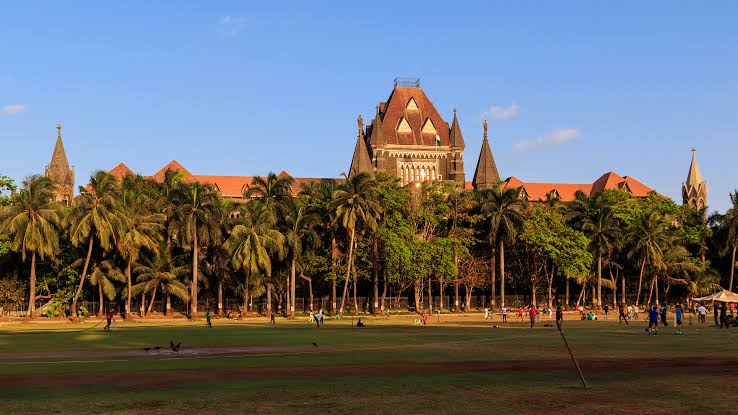Mumbai: High Court Declines Intervention in College’s Dress Code, Dismisses Hijab Ban Petition

Mumbai, 26th June 2024: The Bombay High Court declined to intervene in a decision made by a city-based college to enforce a ban on hijab, burka, and niqab within its premises. A division bench comprising Justices A S Chandurkar and Rajesh Patil expressed reluctance to interfere with the college’s decision and dismissed a petition filed by nine female students enrolled in the second and third year of a science degree program.
Earlier this month, the students approached the HC challenging a directive issued by the Chembur Trombay Education Society’s NG Acharya and DK Marathe College, which imposed a dress code prohibiting the wearing of the hijab, niqab, burka, stoles, caps, and badges on campus.
The petitioners argued that such a directive infringed upon their fundamental rights to religious practice, privacy, and personal choice. They characterized the college’s action as “arbitrary, unreasonable, legally flawed, and unjust.”
Advocate Altaf Khan, representing the petitioners, cited verses from the Quran to substantiate their assertion that wearing the hijab was integral to their religious beliefs. In addition to religious freedom, the students invoked their right to privacy and personal autonomy in opposing the college’s decision.
The college defended its stance, stating that the dress code applied uniformly to all students irrespective of their religion or caste, emphasizing that the ban on hijab, niqab, and burka was intended to maintain a disciplined environment.
Senior counsel Anil Anturkar, appearing for the college management, underscored that the dress code policy was non-discriminatory and aimed at fostering a uniform standard for all students.
The petitioners initially petitioned the college administration and principal to rescind the restrictions on niqab, burka, and hijab, advocating for the right to choose attire based on principles of dignity and privacy within the classroom setting.
Subsequently, after receiving no resolution from college authorities, the students sought intervention from the chancellor, vice chancellor of Mumbai University, and the University Grants Commission, urging them to uphold the principle of providing education without prejudice.
With no response forthcoming, the students pursued legal recourse by filing a petition in the High Court.






